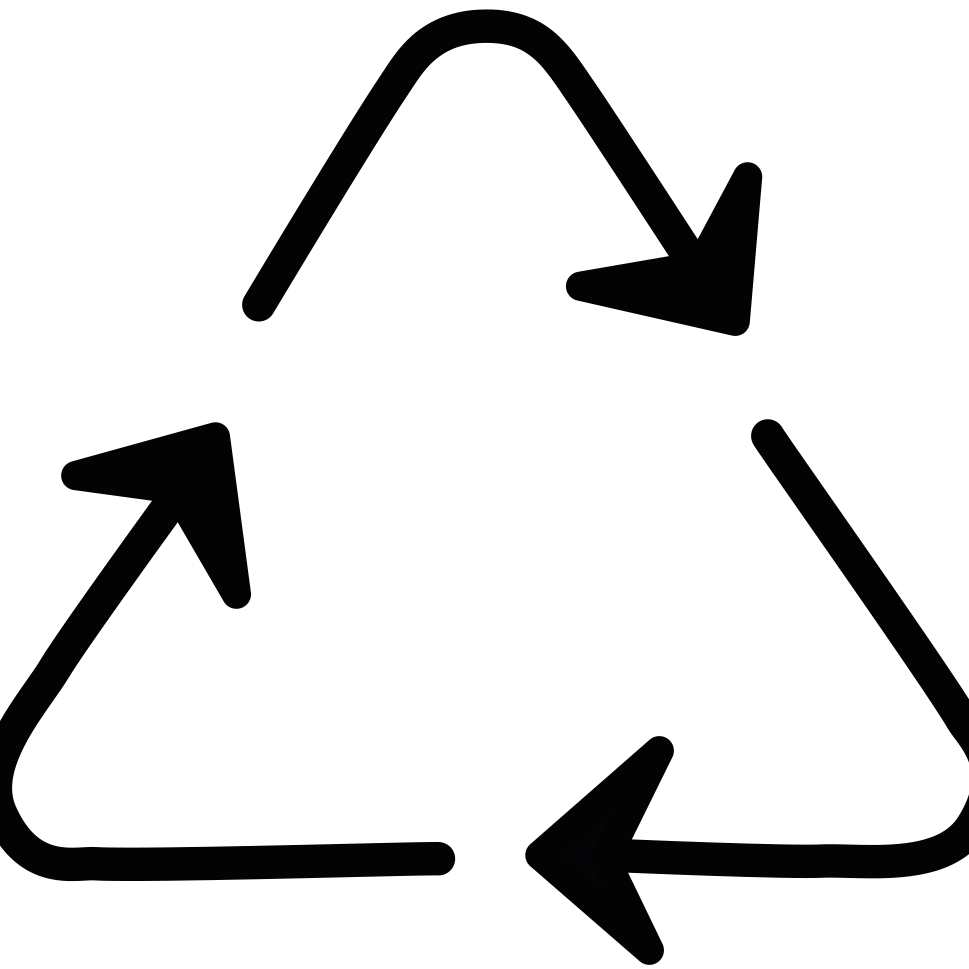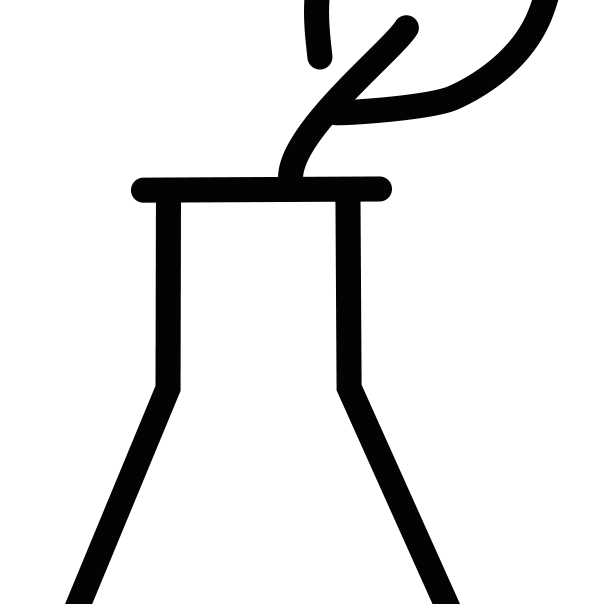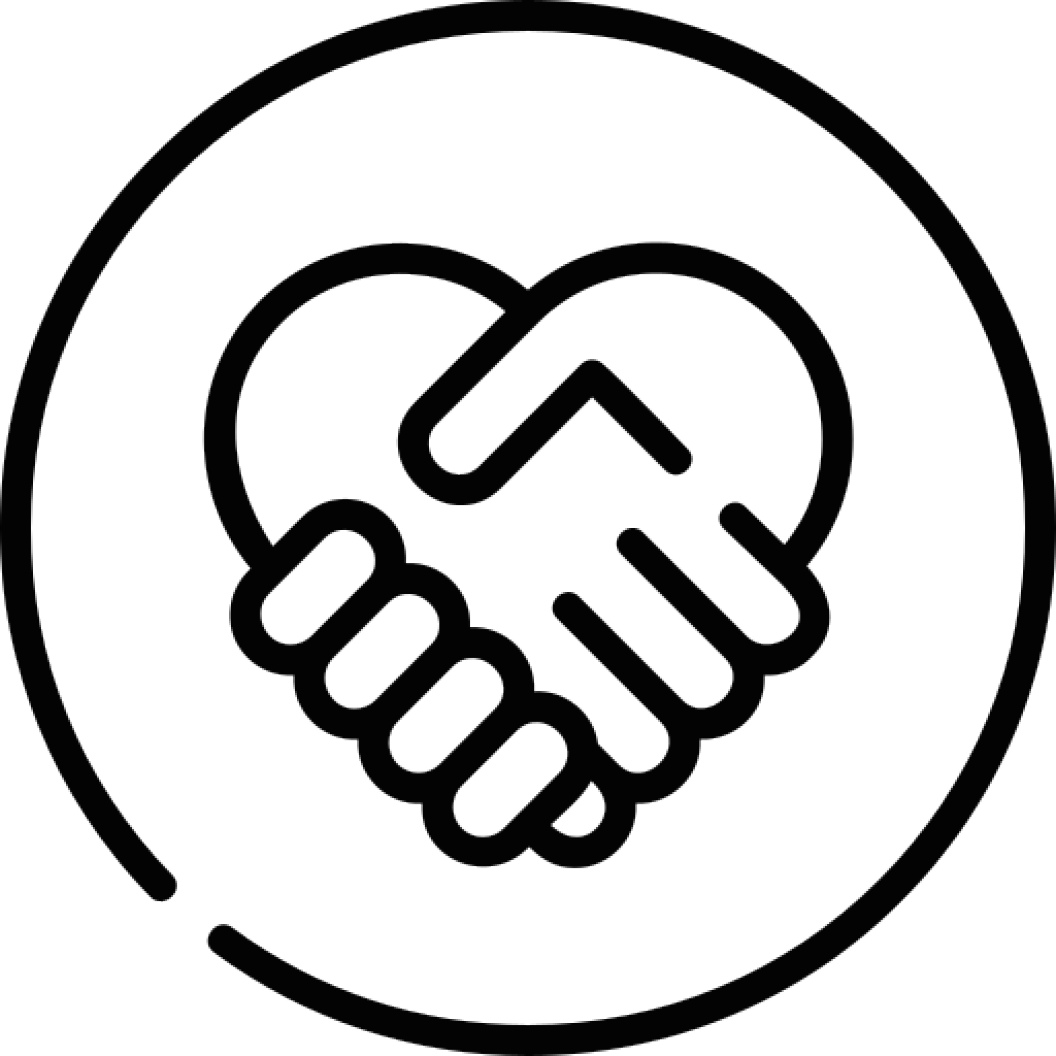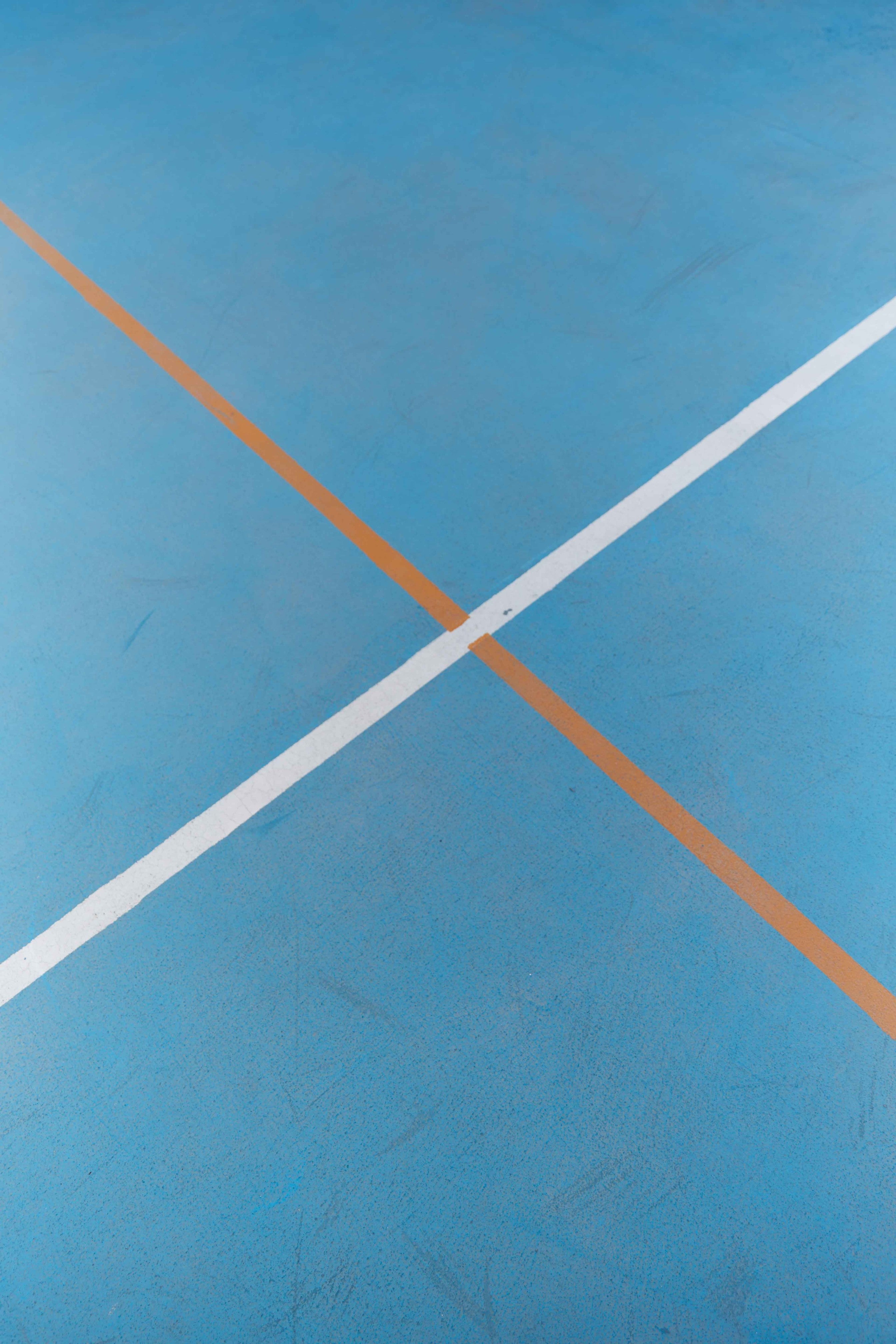Sustainability with Responsibility and Transparency
We no longer have time for excuses or vague long-term promises. Change needs to happen now — we all must take responsibility for our consumption habits to protect a livable environment.
Transparency is a core value of our business — there is no room for false or misleading information here.
At EVERMIND.ECO, we are committed to a sustainable future where ecology and economy are not in conflict.
We believe that a positive ecological footprint, fair and secure jobs, and economic success can go hand in hand.
That’s why every brand we feature meets our strict environmental and social standards, ensuring that sustainable business practices are not just an option — but the foundation of everything we do.
Here are our responses to these common misconceptions about the fashion industry and sustainability:
The textile supply chain is long, complex and hard to trace
Not for us! Our journey as a family business began in the early 90s with a clear vision: to create clothing that we could dress our own children in with a clear conscience. That’s why health, environmental sustainability, and social responsibility are at the heart of everything we do.
We carefully select our partners and collaborate only with brands that share our values. For us, transparency and sustainability are not just buzzwords but guiding principles. We maintain close relationships with our long-term partners and ensure a deep understanding of the entire production chain – from cotton cultivation to the finished garment. Together, we are committed to fair and eco-friendly fashion.
Sustainability is about balancing trade-offs between Environment, Society and Economy
Sustainability is the new buzzword! The industry has used it in a wide variety of variants for its own purposes, as there is still no universal definition of this term. The business world interprets the concept of sustainability as a balancing act between ecology, economy and society, but this does not correspond to reality.
We are more convinced by the perspective of the nested circles, developed by "The Natural Step"( Natural Step | Approach ). We believe that there is no equality but a hierarchy between the 3 pillars of sustainability. Without a healthy ecosystem and human well-being, there is no point in talking about growth and profit.
Traditional perspective: Society and ecology are subordinate to the economy
New perspective: Nested dependencies between economy, ecology and society
The solution is "Green Consumerism."
Consumption as we have understood it so far is not a solution! We cannot fight against the exploitation of nature by developing new markets for "greener" products without questioning the speed and level of our consumption. In order for something to actually change, we have to slow down our current system. That is why the main focus of EVERMIND.ECO is on the longevity of a product. EVERMIND.ECO wants to offer eco-friendly, fair trade and durable products that will last for years. The only number we care about is how many times we don an article of clothing!
Commitments are vital for a sustainable future
We need sustainable self-commitment to achieve our goals. When a climate emergency occurs, rapid action is urgently needed. We know that short-term changes in behavior are more important than ambitious goals, the usefulness of which is often questionable. All EVERMIND.ECO brands are not only committed to social and ecological sustainability, but also keep an eye on their ecological footprint and do something to prevent or improve it.
UNSERE KRITERIEN

Organically Grown Raw Materials
Sustainability starts at the source of our materials.
That’s why we choose organically grown raw materials like organic cotton and TENCEL™, which are cultivated without harmful pesticides or chemical fertilizers.
In doing so, we protect not only the environment but also the people involved in the production process.

Raw Materials Derived from Recycling
Conserving resources means reusing what already exists.
That’s why we use recycled materials such as reclaimed polyester, recycled cotton fibers, and upcycled fabric scraps.
This helps us reduce waste, save water and energy, and give valuable raw materials a second life – contributing to a truly sustainable circular economy.

Reduced Emissions
very step in production leaves an environmental footprint.
That’s why we collaborate with partners who rely on climate-friendly processes – from energy-efficient production facilities and short transport routes to the use of renewable energy sources.
Our goal: to minimize CO₂ emissions as much as possible and actively contribute to a greener future.

Resource-Conserving Production
That’s why we rely on water-saving production methods, avoid harmful chemicals, and focus on the efficient use of materials.
This ensures that less waste is generated, less water is consumed, and the environment is protected as much as possible.

Fair Wages and Socially Just Working Conditions
That’s why we work exclusively with partners who pay fair wages and ensure safe, dignified working conditions.
Transparent supply chains, social responsibility, and protecting workers' rights are our top priorities — because we believe in fashion that not only looks good, but does good too.

Free from Harmful Substances
Our skin deserves only the best – that’s why we use toxin-free materials and environmentally friendly production processes.
We avoid harmful chemicals, toxic dyes, and synthetic additives that put both people and the planet at risk.
The result: skin-friendly, safe, and sustainable garments that feel good in every way.

Vegan
Sustainability goes hand in hand with respect for all living beings.
That’s why we choose vegan materials and consciously avoid wool, leather, silk, or any other animal-derived components.
Instead, we rely on innovative plant-based and recycled alternatives that are both environmentally friendly and ethically sound — for fashion that harms no one.

